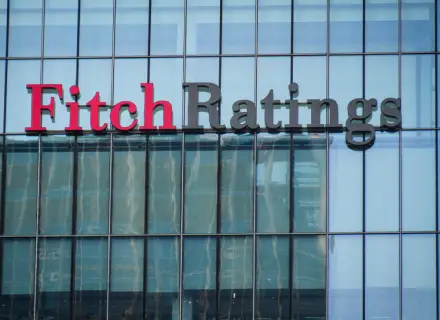The Gulf Cooperation Council (GCC) debt capital market surged 11% year-on-year to reach USD 1 trillion between January and November 2024, said Bashar Al Natoor, Global Head of Islamic Finance at Fitch Ratings.
Almost 40% of the debt was raised through sukuk, Bashar Al Natoor told the media, predicting the market is poised for growth in 2025. The key drivers include financing government projects, maturing debt, fiscal deficits, diversification goals, and regulatory reforms.
Fitch rates around 70% of GCC US dollar sukuk, 81% of which is investment-grade and with no defaults.
As per Bashar Al Natoor, the GCC is expected to remain among the largest emerging-market dollar debt issuers in 2025 and 2026, excluding China, and the largest sukuk issuers and investors globally.
“Oil revenues are among the main drivers of debt capital market activity. However, sovereign issuances will likely rise as oil prices fall to USD 70-65 per barrel in 2025 and 2026,” the official continued.
Fitch further expects the United States Federal Reserve to cut rates by 125 basis points to 3.5% by Q4 2025, with most GCC central banks likely to follow suit.
“This should make the funding environment more favourable,” Bashar Al Natoor said.
“However, the evolution of the Middle East conflict is uncertain and escalation could limit debt capital market growth. In addition, Sharia complexities, including those linked to AAOIFI Standard 62, could be a risk for sukuk. The debt capital market remains fragmented across the GCC. Saudi Arabia and the UAE have the most developed debt markets, followed by Qatar, Bahrain, and Oman,” he added.
“While Kuwait is the least mature, the new government aims to update the liquidity law to permit borrowing in capital markets, but the timeline is uncertain,” Al Natoor noted, while concluding, “the introduction of GCC fund passporting regulations could further enhance regional debt market investment opportunities.”

